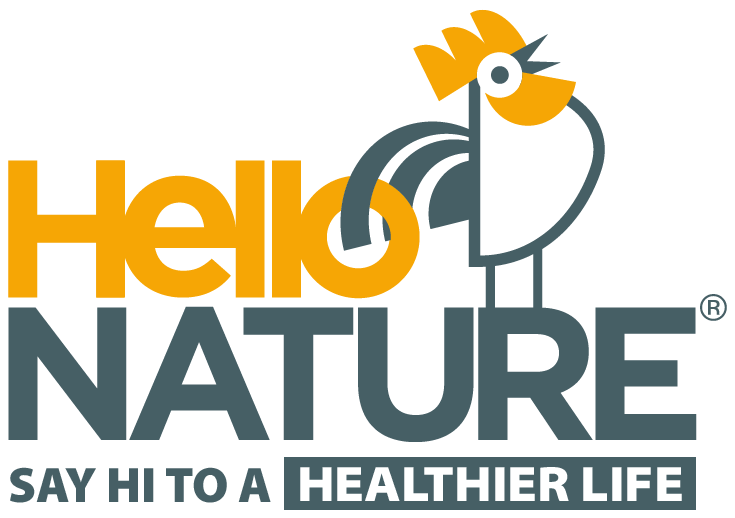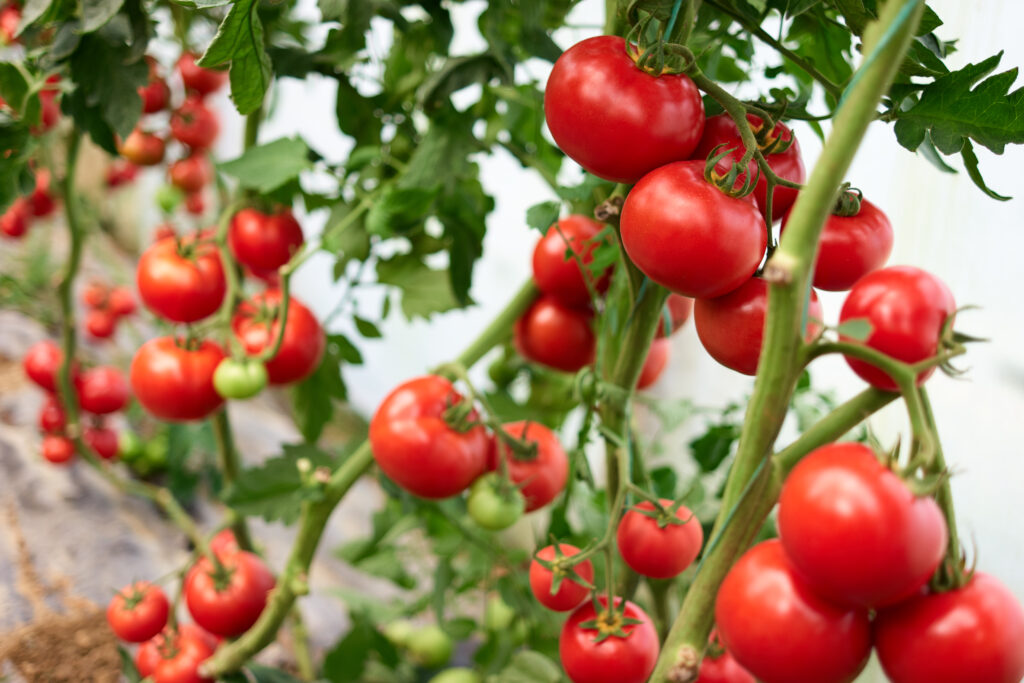Summary of Biostimulant – Foliar applications of a legume-derived protein hydrolysate elicit dose-dependent increases of growth, leaf mineral composition, yield and fruit quality in two greenhouse tomato cultivars
Boost Tomato Yield with Biostimulant: Strategies for Growth and Quality
Natural plant biostimulants are a promising solution to boost tomato yield with biostimulant treatments. They help improve productivity while maintaining high fruit quality. Greenhouse trials tested legume-derived protein hydrolysates, such as Trainer®, on tomato cultivars Akyra and Sir Elyan.
Biostimulant Foliar Sprays Enhance Tomato Growth
Tomato plants were sprayed every 10 days with 2.5 or 5.0 ml L−1 of protein hydrolysate. These biostimulant foliar applications improved leaf net CO2 assimilation and mineral content. Notably, potassium (K) and magnesium (Mg) levels increased. As a result, plant growth and yield performance were significantly enhanced.
Effects on Fruit Yield and Quality
The response varied by cultivar. Akyra produced more fruits, while Sir Elyan showed higher fruit weight. Foliar sprays of biostimulant at the highest dose also increased antioxidants, lycopene, total phenolics, and ascorbic acid. Therefore, applying a biostimulant to boost tomato yield improves both quantity and nutritional quality.
Choosing the Right Biostimulant Dose and Cultivar
Selecting the proper cultivar and dose is crucial. Growers can use protein hydrolysate sprays to maximize marketable yield. Moreover, these treatments enhance fruit mineral content and bioactive compounds. By doing so, producers combine high productivity with superior fruit quality.
Key Takeaways for Tomato Growers
In summary, boost tomato yield with biostimulant foliar sprays by applying the optimal concentration. Use biostimulants to improve plant nutrition, increase CO2 assimilation, and enhance fruit health benefits. These strategies support sustainable, high-quality tomato production.
Publication: Scientia Horticulturae









